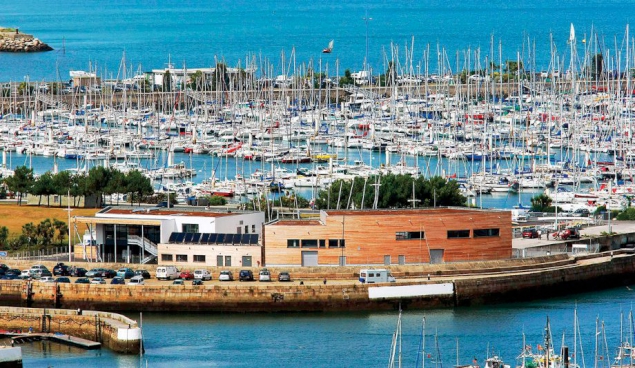
The Royal Yachting Association (RYA) is reminding British owners planning a cruise to the EU this summer that the rules have changed since the ‘transition period extension’ expired on Dec 31, 2020.
As far as the EU is concerned, the UK now has ‘third country status’, which means it is no longer a member of the EU and its citizens no longer have rights to free movement.
Recreational boats entering EU waters will now be treated no differently to boats arriving from anywhere else in the world.
The recent EU-UK Trade & Cooperation Agreement changes nothing in that regard and no changes to that position are likely, even in the long term.
The latest advice from the UK government is encapsulated in its ‘Customs Notice 8: Sailing your pleasure craft to and from the UK’. What’s more Form C1331 must be filled in by anyone planning to take a vessel in or out of the UK’s 12-mile limit.
Logistically, all this means a few fundamental changes to the EU cruising rules. For instance, UK boats will only be able to clear customs in ‘major ports’ within the EU.
This may not be too big an inconvenience for occasional voyages from the UK mainland but is likely to come as a blow to owners in the Channel Islands where regular short visits to some of the smaller harbours and marinas on the Cherbourg and Brittany peninsulas are routine events.
MBY has already heard from readers in the Channel Islands that local port authorities have received written advice from SGMer, France’s national maritime authority, warning them of this new requirement.
The change in status also means British citizens will only be allowed to spend 90 days in a rolling 180-day period in the Schengen Area of the EU before needing to apply for visas.
The RYA’s cruising manager Stuart Carruthers advises anyone planning a cross-Channel trip to call the appropriate port authority before departure and ask about local requirements and check that they are complying with the new EU cruising rules.
